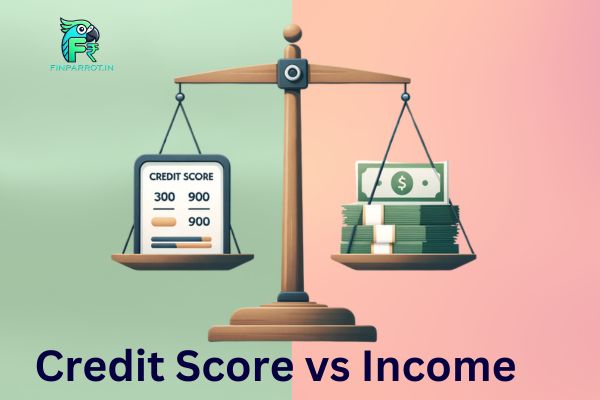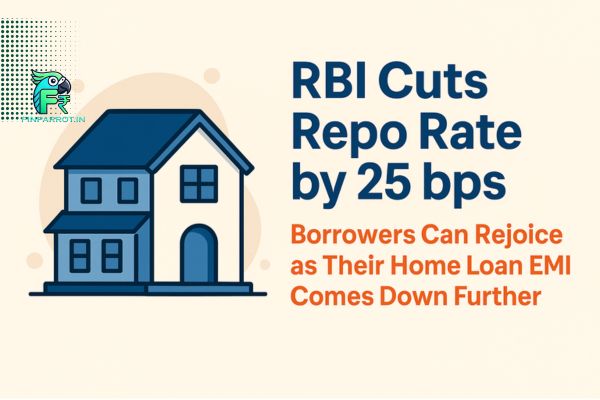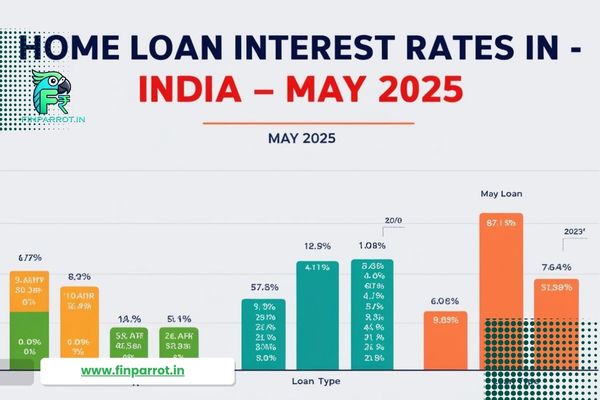Introduction
Have you ever scratched your head, wondering what matters more for loan approval—your credit score or income? Is it all about that shiny salary slip, or does that three-digit credit score hold all the cards? You’re not alone! Many of us assume it’s one or the other, but here’s the kicker: lenders actually juggle both. Think of it like baking a cake – you need the right ingredients in proportions. So, if you’re gearing up to apply for a loan, let’s have a real talk about credit score vs income for loan approval and how to seriously boost your chances of getting that “approved” stamp.
How do banks assess your repayment capacity? Learn the FOIR secrets and how it impacts loan approval!
The Role of Credit Scores in Loan Approval
A credit score is essentially your financial report card. It reflects your borrowing history, repayment behavior, and overall creditworthiness. Lenders use credit scores to assess the risk of lending to an individual. The higher your score, the lower the risk you pose to lenders. In India, credit scores are provided by agencies such as CIBIL, Experian, Equifax, and CRIF Highmark, each with its own scoring model.
Credit Score Ranges and What They Mean
- 750 & Above: Excellent – Higher chances of loan approval with better terms.
- 700 – 749: Good – Eligible for loans but may not get the lowest interest rates.
- 650 – 699: Average – Lenders may approve with slightly higher interest rates.
- 600 – 649: Poor – Loan approval becomes difficult, and interest rates may be high.
- Below 600: Very Poor – Very low chances of loan approval.
Want to check your credit score for free? Visit Official CIBIL Website or other authorized credit bureaus.”
The Role of Income in Loan Approval
While credit score is crucial, income determines your ability to repay the loan. Lenders evaluate income to ensure that you have a steady cash flow to cover loan EMIs. However, income alone isn’t enough; the Debt-to-Income Ratio (DTI) and Fixed Obligation Income Ratio (FOIR) play a significant role.
Debt-to-Income Ratio (DTI) Explained
DTI is a metric used to measure how much of your monthly income goes toward debt repayments.
Formula:
DTI = (Total Monthly Debt Payments / Monthly Income) x 100
Example: If your monthly income is ₹50,000, and your total monthly debt obligations (including loans, EMIs, and credit card dues) amount to ₹20,000, your DTI would be 40%. Ideally, a DTI below 40% is considered favorable by lenders.
Fixed Obligation to Income Ratio (FOIR) & Loan Eligibility
FOIR is another important criterion used by lenders. Unlike DTI, FOIR considers only fixed obligations like existing EMIs and credit card dues (excluding basic expenses like rent and groceries). Most banks prefer a FOIR below 50%.
Credit Score vs Income: Which One Matters More?
Neither factor works in isolation. Here’s a quick comparison:
Factor High Credit Score & Low Income Low Credit Score & High Income
Loan Approval Chances Moderate Low to Moderate
Interest Rate Lower Higher
Loan Amount Eligibility Lower Higher
Approval Speed Faster Slower
- If you have a high credit score but low income, you may get approval but with a lower loan amount.
- If you have a low credit score but a high income, lenders may hesitate due to past credit issues.
- The ideal scenario is to have both a high credit score and a stable income for the best loan terms.
Tips to Improve Your Loan Approval Chances
- Maintain a High Credit Score: Pay EMIs and credit card bills on time, avoid excessive debt, and monitor your credit report regularly.
- Increase Your Income: If possible, supplement your income with additional sources like freelancing or investments.
- Reduce Your Debt-to-Income Ratio: Pay off existing loans and minimize new debt before applying.
- Apply with a Co-Applicant: Adding a co-borrower with a high credit score can improve approval chances.
- Choose the Right Loan Type: Shorter tenure loans and secured loans have higher approval chances, even with a moderate credit score.
Avoiding Loan Comparison Website Bias
Many borrowers rely on loan comparison websites to find the best offers. While these platforms can be useful, it’s essential to be aware of potential biases:
- Some platforms prioritize lenders paying higher commissions than those offering the best deals.
- Interest rates displayed may not include hidden charges like processing fees or insurance.
- Always verify information directly on the lender’s website before applying.
FAQ’s
Is credit score or income more important?
Both matter—credit score affects terms and approval, while income ensures repayment ability. Lenders consider both for a balanced risk assessment.
What’s more important, credit score or debt-to-income ratio?
Both are crucial—credit score shows past credit behavior, while DTI ratio measures current financial burden. A high DTI can lead to rejection despite a good score.
Conclusion
Both credit score and income play crucial roles in loan approval. While a strong credit score reflects responsible financial behavior, a stable income ensures repayment capability. The key is maintaining a healthy balance between both to secure the best loan terms. Before applying, assess your financial position and take proactive steps to improve your eligibility.
Knowing how lenders think can help you get the best loan deals. Ready to take control? Start by checking your credit score today!
















1 thought on “Credit Score vs Income for Loan Approval: What Matters?”